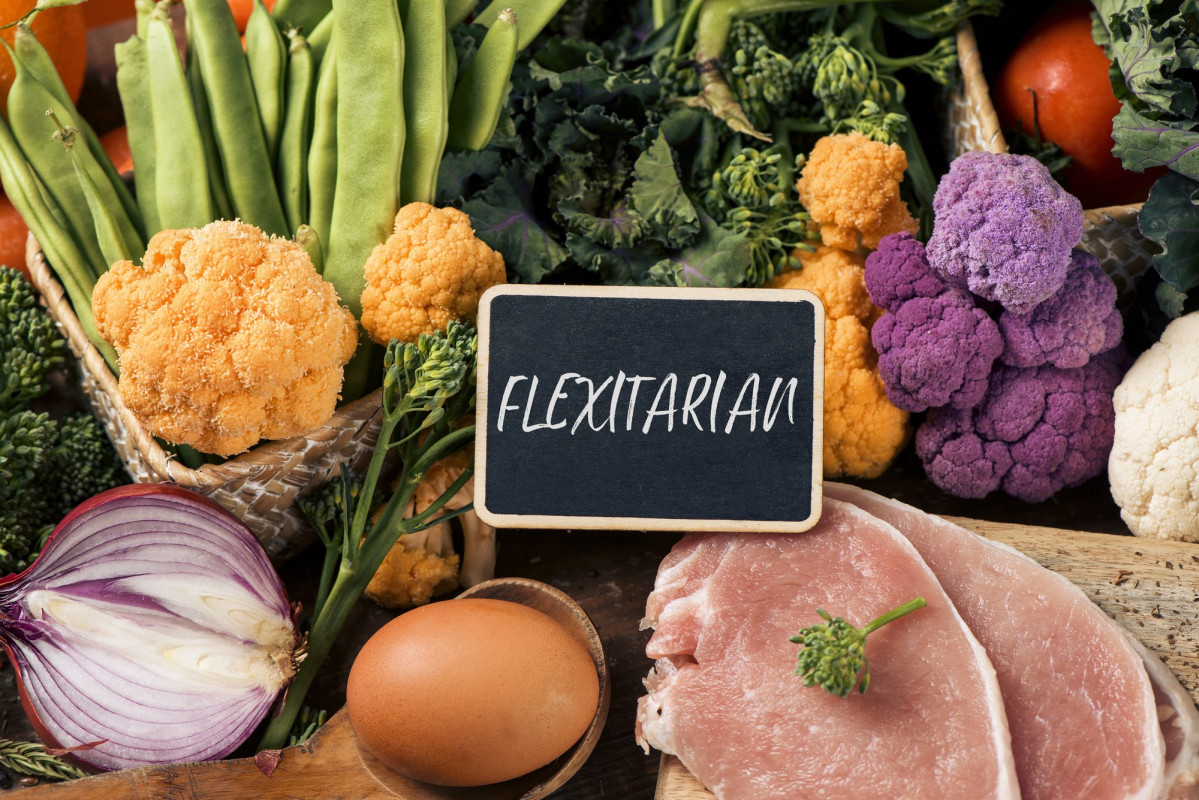
Commitment issues? Maybe you’ll prefer the term ‘flexitarian’.
There is this misconception that in order to eat vegetarian meals, you need to be vegetarian. This is not the case. Cue the term ‘flexitarian’. Coined in the 90’s, it’s finally getting its heyday and simply means, ‘flexible vegetarian’. It is someone who follows a primarily, but not strictly, vegetarian diet, occasionally eating meat or fish.
The health benefits for including more plant-based foods in the diet and reducing meat intake, are well documented, including; reducing risk of diabetes, heart disease, high cholesterol and high blood pressure1. There are also environmental benefits and money saving benefits too.
In fact, the number of Australians who identity as being vegetarian is growing, up by 300,000 in four years leading to 20182. The idea of a traditional ‘meat and three veg’ meal is being replaced with not only an array of cuisines, but also a shift towards incorporating plant-based protein options (such as legumes, nuts, tofu, TVP and mycoproteins). Even the big takeaway chains are jumping on the bandwagon with vegan burgers, plant-based burritios and pizza options.
If developing a label such as ‘flexitarian’, creates an environment where people feel comfortable ordering a vegetarian meal when they’re out for lunch, or preparing vegetarian meals for the family at home, then I am all for it.
So why not embrace non-commitment, and flex your skills in the kitchen with a plant-based meal tonight.
For inspiration, search the vegetarian recipes at: https://www.betterhealth.vic.gov.au/healthyliving/recipes
References:
- Marsh, K 2013, ‘Vegetarian diets – health benefits and meeting nutritional needs’, Education in Nutrition, Available with subscription only from educationinnutrition.com.au
- Roy Morgan: Rise in vegetarianism not halting the march of obesity (online) Available from: http://www.roymorgan.com/findings/7944-vegetarianism-in-2018-april-2018-201904120608 Last accessed 6/2/20








